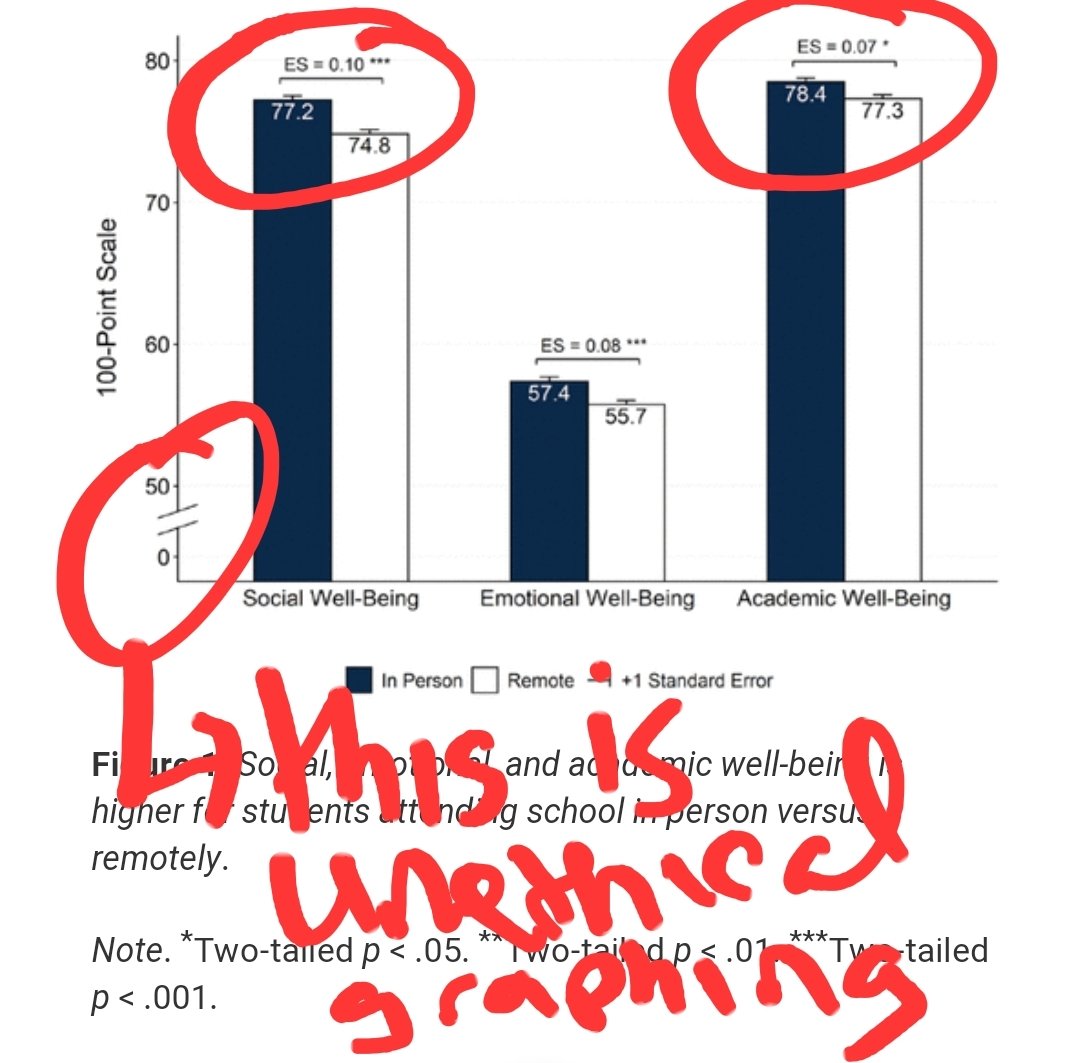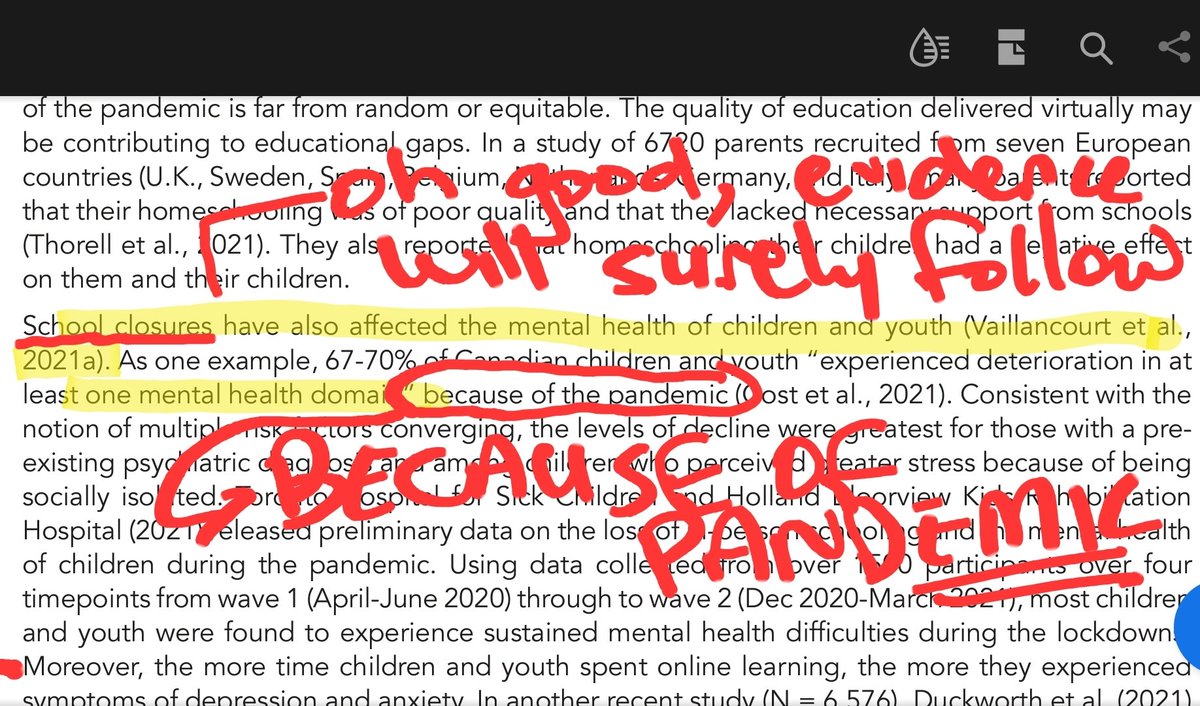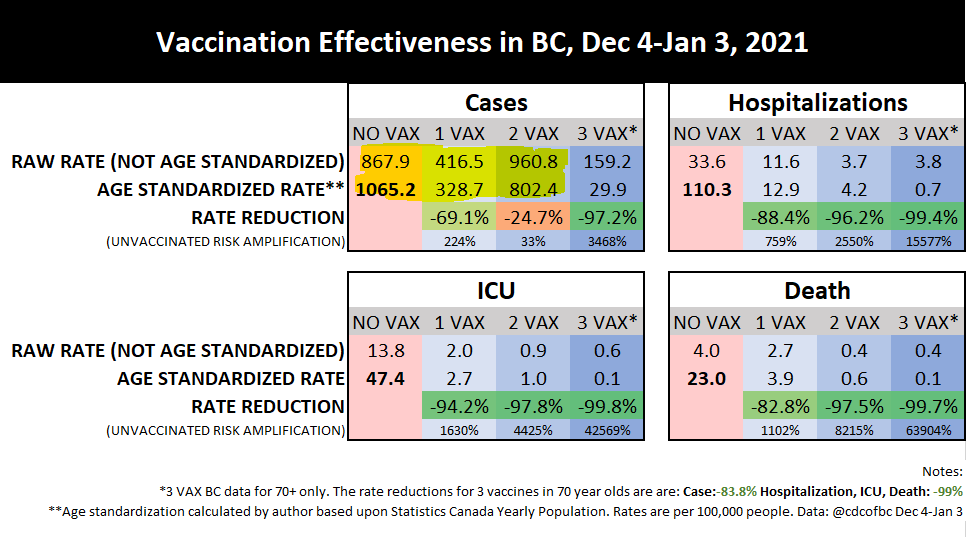
Not to directly contradict a major society in Canada, but BC has not been experiencing a spike in suicidality, emergency mental health presentations, or severe MH admission rates during periods of school closure.
In Feb to May 2021, with schools fully open here, yes, yes we did.
In Feb to May 2021, with schools fully open here, yes, yes we did.
https://twitter.com/CanPaedSociety/status/1479482083986788361
This statement should give the society pause. Being a letter to Ontario govt, of course, it's Ontario centric (every Canadian organization is). But schools have been open for the entirety of the 2020 2021 year and closed for precisely 1 week (Jan 4 to 8, 2022).
Same spikes.
Same spikes.
If we saw the same spikes in mental health challenges in 2020-2021 with schools open that Ontario saw with schools closed, what does that suggest?
We will be directly testing in school/out of school data here in BC, and actually publishing numbers that are peer reviewed.
We will be directly testing in school/out of school data here in BC, and actually publishing numbers that are peer reviewed.
Not just statements.
By the way, CPS, "increased screen time" allowed us all to work from home, connect to loved ones, keep ourselves entertained when we had to stay home or sick, and hypocritically drive all of your physician activities.
By the way, CPS, "increased screen time" allowed us all to work from home, connect to loved ones, keep ourselves entertained when we had to stay home or sick, and hypocritically drive all of your physician activities.
Ironically in the statement:
"Studies from British Columbia—where schools have been open since May 2020—show that ... teachers were no more likely than others in the community to have COVID-19. "
Well, BC students no less likely to report stress, mental health problems, either.
"Studies from British Columbia—where schools have been open since May 2020—show that ... teachers were no more likely than others in the community to have COVID-19. "
Well, BC students no less likely to report stress, mental health problems, either.
Logic for pediatric societies:
If A-B = C
And A+B = C
Then maybe B isn't as important to the equation as you thought.
(In this equation, A = pandemic, B=school closure, and C = increased makrers of distress and MH challenges)
If A-B = C
And A+B = C
Then maybe B isn't as important to the equation as you thought.
(In this equation, A = pandemic, B=school closure, and C = increased makrers of distress and MH challenges)
Also, please pediatric societies stop using kids' mental health in your hate-on for screens, screen time, and virtual technologies.
You're not listening to kids or actually preparing them for their future use of tech for social, occupational, and educational lives.
You're not listening to kids or actually preparing them for their future use of tech for social, occupational, and educational lives.
In their statement, they reference 3 studies for their mental health claims. Two are studies of surveys of kids taken during the pandemic (no test of cause for school closure) 

For extra irony, the 3rd study is a reference to a large report that... Well... In referenceception, in its section about mental health and kids, references... Yep... The Canadian pediatric society's concerns. 

The **strongest evidence** in the review (and trust me, by far and away this is me giving the review the best credit possible) is a study that showed an effect size of "worsening mental health" of 0.08.
That.
Is.
Completely negligible.
That.
Is.
Completely negligible.

In fact, the only ways the authors could possibly had this published would be most likely lazy reviewers who are ok with unethical graphs like this:
An ES of 0.07 to 0.10 is, as we say, "statistically significant but practically meaningless."
An ES of 0.07 to 0.10 is, as we say, "statistically significant but practically meaningless."

The rest of the "review" is... Not good evidence. Bait and switches aplenty.
"School closures are harmful!"
(Reference, survey of parents during the pandemic)
"School closures are harmful!"
(Reference, kids responses during the pandemic)
"School closures are harmful!"
(Reference, survey of parents during the pandemic)
"School closures are harmful!"
(Reference, kids responses during the pandemic)

The entirety of the evidence review proceeds thusly. Almost no evidence suggesting in any way a causal link between remote schooling and mental health harm. Even the best evidence, at best, is a lightly controlled correlational study that showed an ES of "negligible."
In other words, the entire data that was referenced in the political statement **does not establish school closures are a cause** and every one seems to conveniently use BC to prove covid school transmission is negligible but ignore our same mental health in kids issue.
The CPS should hold itself to a higher evidentiary standard before releasing powerful political statements, not just lazily referencing articles that "seem to" (but don't) support their argument.
• • •
Missing some Tweet in this thread? You can try to
force a refresh









